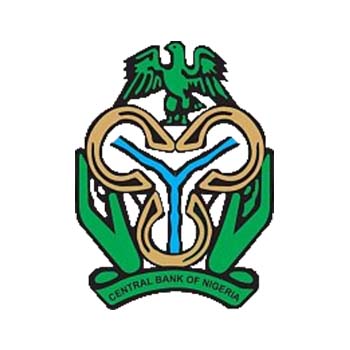Both Old, Redesigned Banknotes Remain Legal Tender- CBN
Ahead of the December 31, 2023 date for the various denominations of the old Naira notes to cease being legal tender across the country as per a Supreme Court judgement, the Central Bank of Nigeria (CBN), on Wednesday said both the old and redesigned notes would continue to remain in circulation.
In a statement by Isa AbdulMumin, Director of Corporate Communication at the CBN stressed “unambiguously that every banknote issued by the Central Bank of Nigeria (CBN) remains legal tender and should not be rejected by anyone, as stipulated in Section 20(5) of the CBN Act, 2007.”
Recall that the nation’s Supreme Court, on March 3, ordered that old N200, N500, and N1,000 notes remain valid legal tender until December 31, even as it nullified the Federal Government’s naira redesign policy, declaring it as an affront to the 1999 Constitution.
In his lead judgment, Justice Emmanuel Agim said the correct process had not been followed, describing the directive by Muhammadu Buhari, the then President as invalid, because, in his words, “such directive is not just handed down after personal conversation with the governor of CBN [Central Bank of Nigeria].”
The CBN spokesman assured of sufficient cash stocks in all locations across the country, adding that reports of anxiety among some members of the public over the legality or otherwise of old Naira banknotes is needless.
CBN branches across the country, , he continued, “have been directed to continue to issue different denominations of old and redesigned banknotes in adequate quantities to deposit money banks (DMBs) for onward circulation to bank customers.”
AbdulMumin warned that “no one should refuse to accept the Naira as a means of payment.
“Consequently, members of the public are advised to accept all CBN-issued banknotes currently in circulation and guard against panic withdrawals. We reaffirm that there is sufficient stock of currency notes to facilitate normal economic activities.
Continuing, the CBN advised that “to reduce the pressure on the use of physical cash, members of the public are again advised to continue to embrace alternative modes of payment.”








